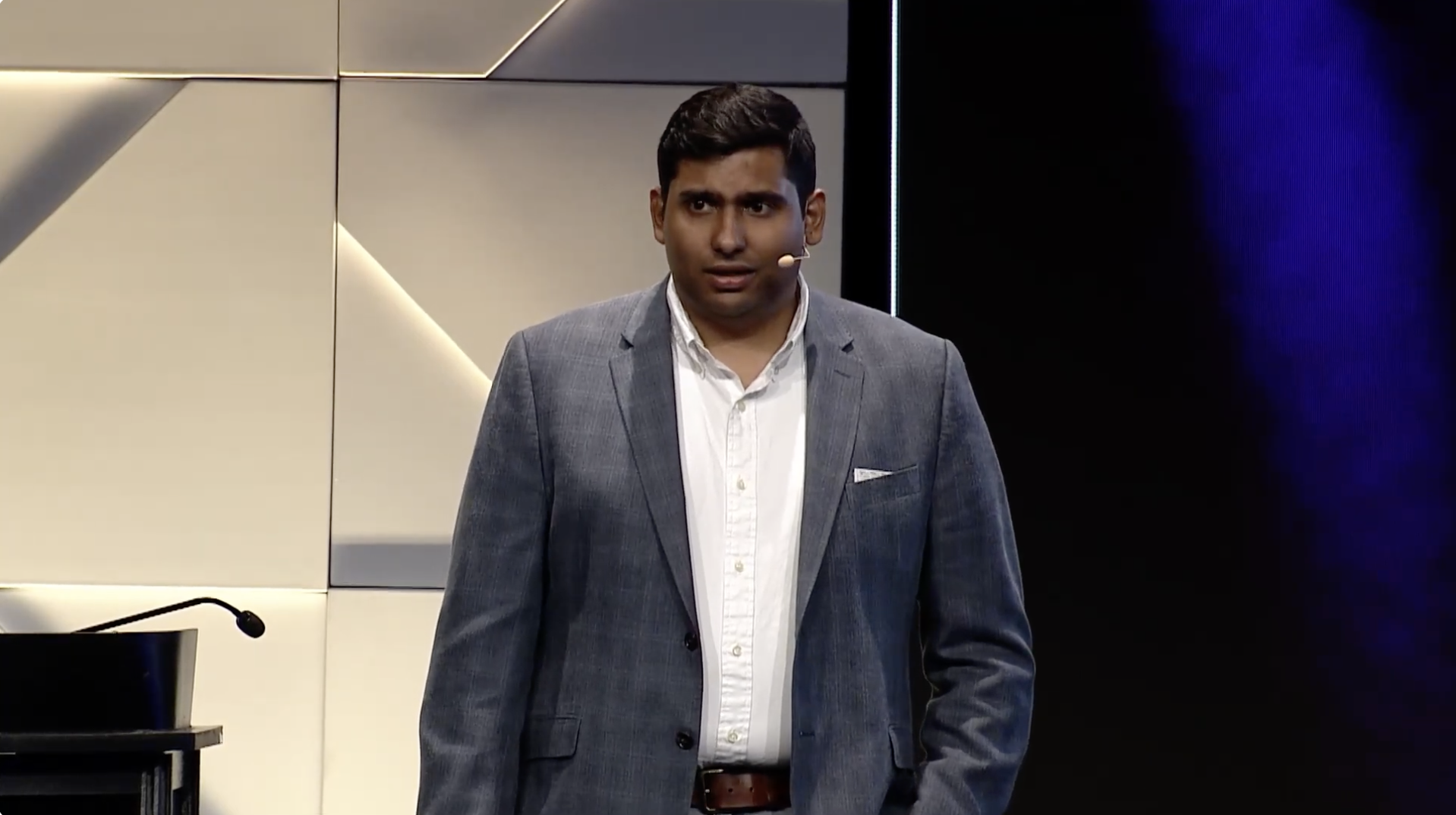
- Stockpile is adding a kids debit card as part of its retail investing product suite for minors.
- The debit card will be powered by Green Dot’s banking-as-a-service tool.
- The card will have built-in parental controls and oversight.
Youth-focused brokerage company Stockpile is adding a new product to its lineup this week. The company will begin offering minors a debit card as part of its retail investing product suite.
The payment card, which will be powered by Green Dot’s banking-as-a-service, will have parental spending controls. Parents can set up debit cards for their kids, set and control the access they’d like their kids to have, and maintain oversight over their spending.
“Green Dot’s depth of experience embedding seamless, innovative and value-driven financial tools into their partner ecosystems, along with their passion for providing accessible financial services to consumers and businesses, make them a great fit for Stockpile’s long-term vision and growth trajectory,” said Stockpile CEO Victor Wang. “Partnering with Green Dot adds a new dimension to Stockpile’s hands-on financial learning and access, and will deliver a seamless and responsible debit card experience as an educational stepping stone to investing.”
Stockpile plans to add more tools and functionality to its product suite in the future. Based on competing payment tools for minors, such as Greenlight and GoHenry by Acorns, Stockpile may add budgeting tools, giving options, and a savings account.
Founded in 1999, Green Dot offers direct-to-consumer digital banking tools as well as a B2B banking-as-a-service offering. According to the release, Stockpile is among the first of Green Dot’s partners to build and operate from its cloud-native banking-as-a-service platform.
“We’re proud to partner with Stockpile to embed powerful financial tools and experiences that fuel engagement and value for their customers,” said Green Dot Head of Enterprise Business Development, Embedded Finance Simran Singh. “We’re passionate about giving people and businesses access to seamless, affordable banking and financial tools that build financial confidence and prosperity, as well as partnering with companies like Stockpile that share our values, purpose and vision.”
Notably, this announcement comes the same week that Acorns unveiled a new premium tier that includes access to GoHenry in the U.S. and two months after Greenlight launched a new solution to help teens build credit.
Photo by Blake Wisz on Unsplash











